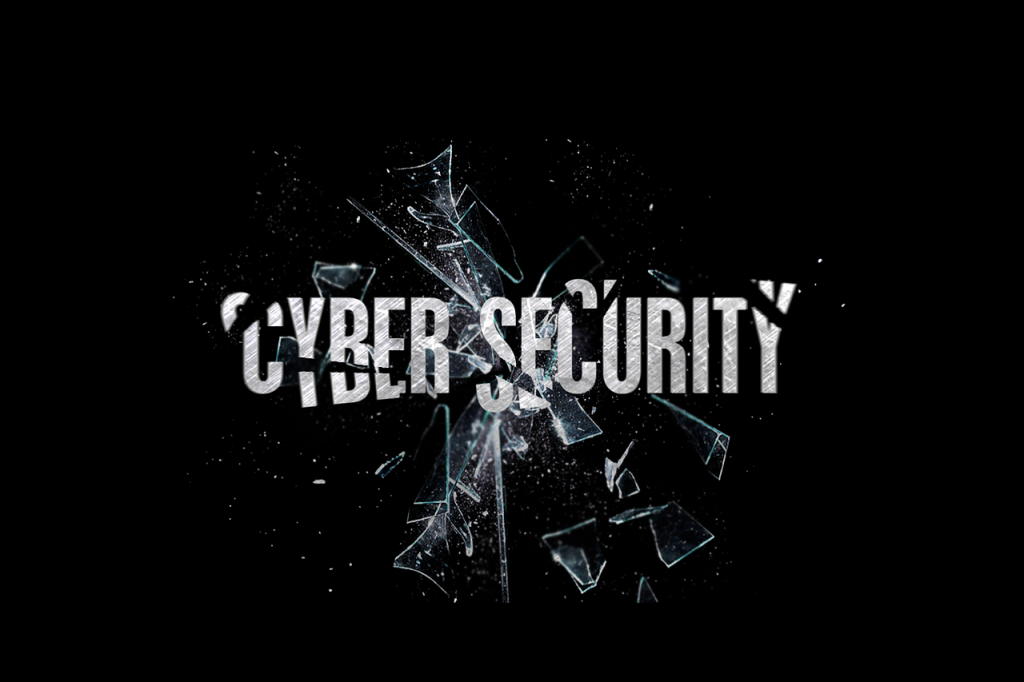Online Hygiene
More people than ever are online since the outbreak of the pandemic using the Internet. We are using social media, banking, connecting to work, video calling gaming and a whole manner of other things. It is really important that we look after our personal data whilst using these facilities.
There is an underclass of devious people that are finding ways to scam us or steal our identity. We have to have clear cyber awareness and find ways to keep our data clean and safe from their attempts.
Security
Make sure that your computer has all the latest security updates and patches. Be sure you have anti-virus software running and that it is regularly updated. Source software from a reputable source and make sure that it is current and not expired. Using expired or dubious software leaves your data at risk of compromise, take nothing for granted and if you are unsure ask an expert
Personal Information
Personal information is exactly that, it belongs to you so keep it! No reputable company will ask you for it unless it is part of a process you know about. Even then never be shy to challenge requests or say sorry I am not comfortable to give that information. Confidence tricksters are very good at winning your trust, whether its by shock tactics or impending problem their aim is to win your trust. Your job is to trust no one, start to interrogate them – if you are my bank as you say you are tell me the 1st and 5th digit on my account number. Who do I pay my electricity to, etc. All major companies respect your personal information learn to be comfortable saying no.
Spam and Scams
Spam is the gateway to scams, do not respond to unsolicited emails or emails claiming you owe money or there is a problem with your account. There have even been threatening scams claiming to be the Inland Revenue or the Police. The point is these organisations do not operate in the way these scammers are acting so do not be bullied into submitting.
Be wary of any offer that seems too good to be true! It probably isn’t – You have won a contest or you are asked to send some money to release fantastical sums, chances are they are a scam, hoping to get you hooked. Stay strong do not reply to them.
Developing a cyber awareness will help spotting scam emails. Fraudsters have become clever at mimicking official letterheads and logos from legitimate companies. However keep an eye out for bad grammar, spelling mistakes and not referring to you by your name. If an email starts like Dear (Mr email.address.co.uk) it is most likely spam. Proper companies would know your name.
Use strong and unique passwords
We have an article specifically on creating strong passwords please take a read.
If you or your company would like help with any aspects of cyber security get in touch with us today – we would love to help! Check us out on Facebook, Instagram or Twitter for more!

